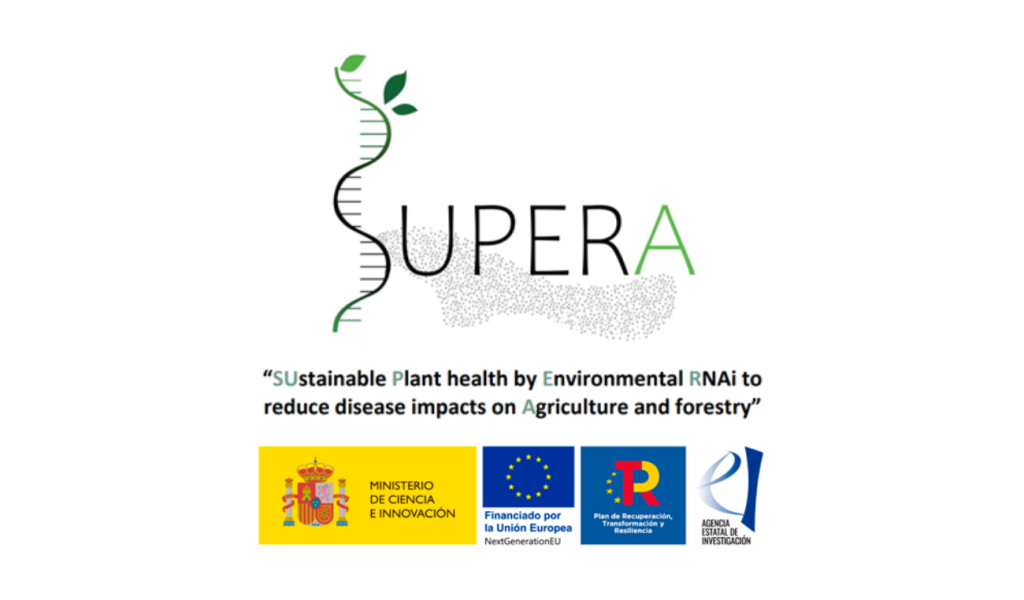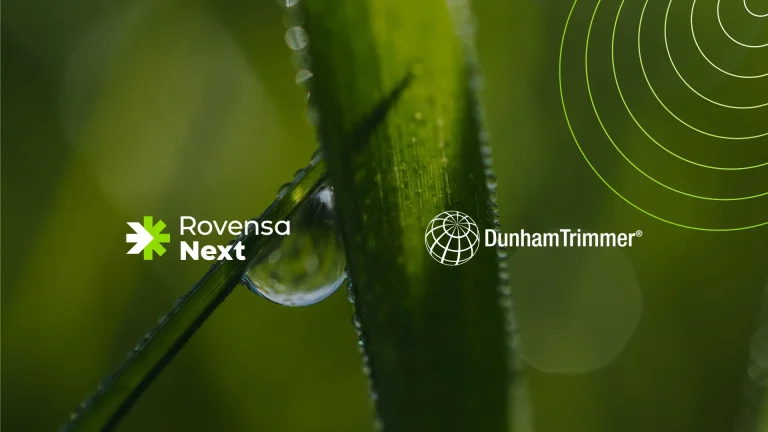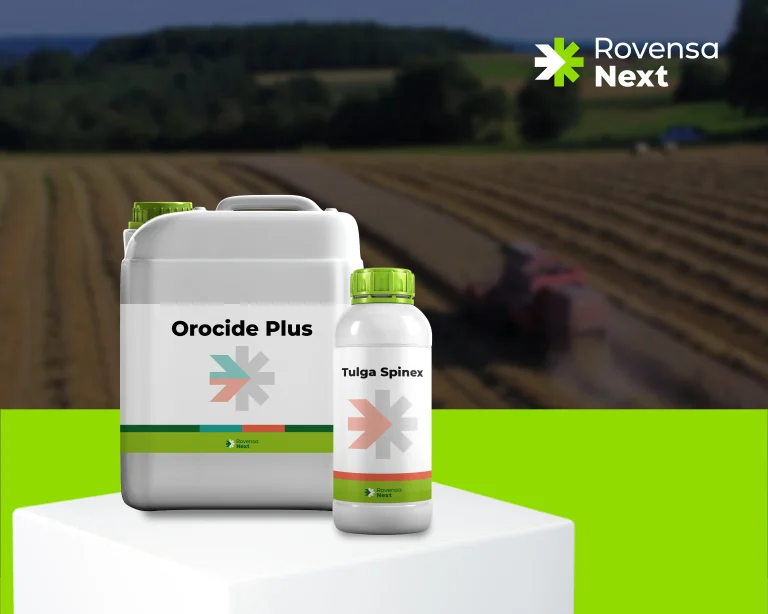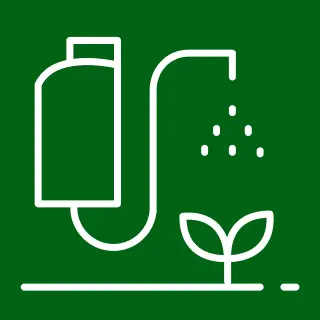+ Timeframe: 01/11/2021 – 01/11/2024
+ Description:
Environmental RNAi refers to the uptake of RNAs from the surrounding environment that can induce systemic gene silencing in organisms. The RNAi strategy aims to generate resistance to phytopathogens in agroforestry crops.
SUPERA aims to optimize this strategy, focusing on the stability and delivery of double-stranded RNAs (dsRNAs) targeting several key fungal pathogens (Fusarium circinatum, Fusarium graminearum) and oomycetes (Phytophtora cinnamomi, Phytophthora capsici) that cause major economic losses in forests (e.g., pine, oak), cereals (e.g., wheat, barley) and in horticultural crops (tomatoes, bell peppers, beans, cucumbers). These host plants play a major economic role in Spain and in other countries in terms of both production and consumption, and are also associated with social, environmental and cultural values.
+ Objectives:
- To design specific RNA fragments for gene silencing based on essential metabolic and virulence pathways.
- To optimize an in vivo dsRNA production strategy using genetically modified bacteria.
- To evaluate dsRNA stabilization methods that optimize bioavailability in plants and soil.
- To test the in vitro and in vivo efficacy of dsRNA uptake by the four main target pathogens.
- To conduct greenhouse trials to confirm the efficacy of the new products.
- To assess the impact of the new products on the microbiome of agricultural soil.
- To develop a strategy to leverage the results and the knowledge created during the project.
+ Initiatives:
- Defining the requirements to develop bioproducts (selection of gene targets, formulation process characterization).
- Conducting biological tests at laboratory level (fermentation optimization, CLSM analysis, RT-qPCR, sequencing).
- Purifying dsRNA and stabilizing it through encapsulation, ensuring quality control.
- Validating processes at laboratory and greenhouse scale (formulation development, pilot testing at TRL4).
- Positioning the product within EU regulatory frameworks.
- Leveraging results.
+ Expected outcomes:
- New approach to friendly plant protection strategies based on RNAi technologies.
- Development of advanced engineered bacterial strains as an in vivo dsRNA production system to combat phytopathogenic fungi and oomycetes.
- Optimization of fermentation conditions and purification strategies to obtain high quality dsRNAs.
- Optimization of dsRNA stability through inclusion in nanoparticles that can be applied to soil and plants to fight root and vascular pathogens.
- Development of new dsRNA-based products for use in horticultural crops (tomatoes, bell peppers, beans, cucumbers), cereals (wheat, barley) and forestry (pine, oak).
- Identification of the key formulation requirements for plant application, in compliance with current European legislation.
Partners:
Project PLEC2021-008076 financed by MCIN/AEI /10.13039/501100011033 and by the European Union NextGenerationEU/ PRTR
Project PLEC2021-008076 financed by:

















